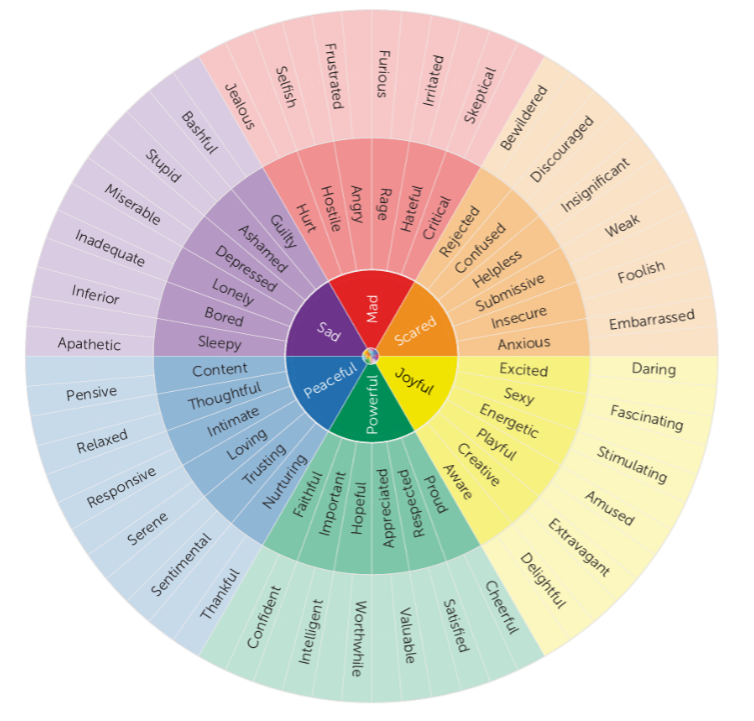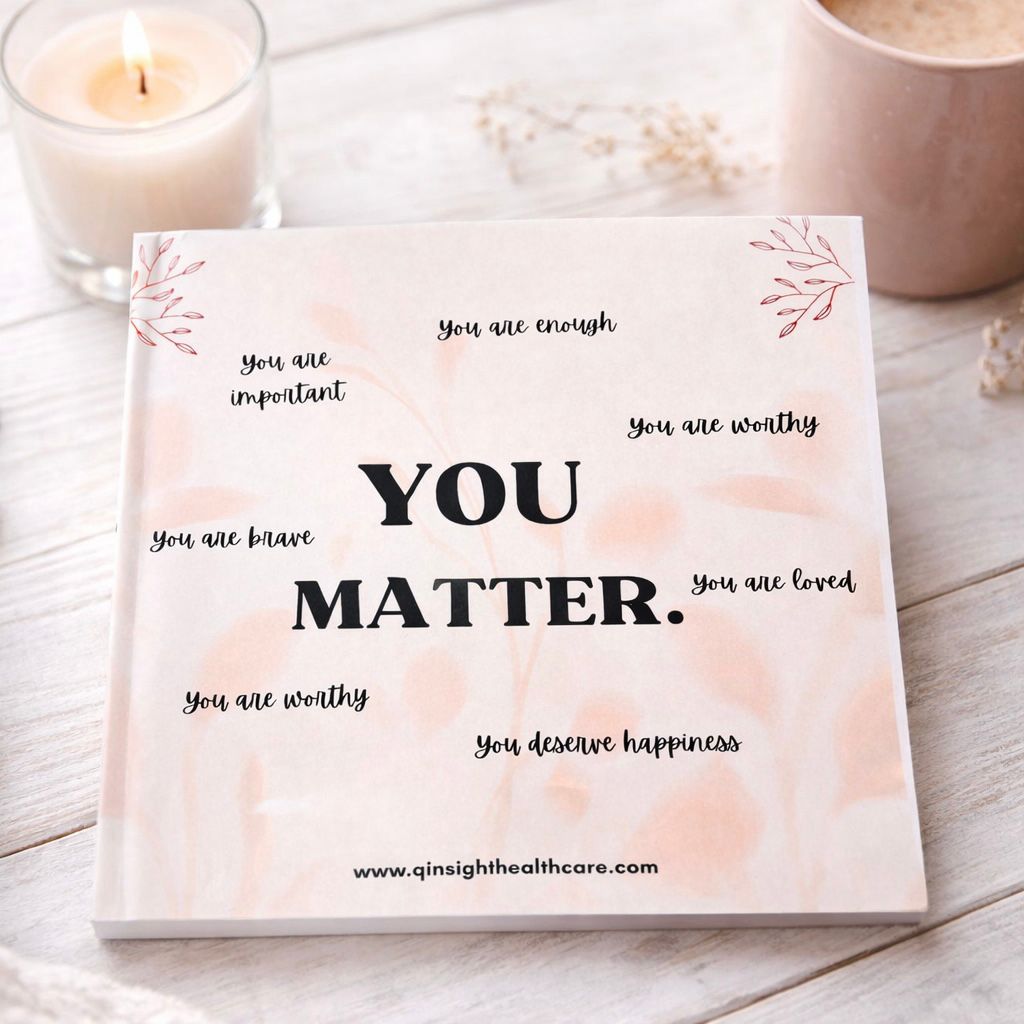What are Emotions?
At one time or another, all of us have experienced strong feelings that might accompany pleasant or unpleasant experiences. Perhaps we have felt the excitement of getting a job, the joy of being in love, the sorrow over someone’s death, or the anguish of inadvertently hurting someone. Emotions play an important role in our daily lives by preparing us for action, shaping our behaviour, and helping us to interact more effectively with others.
The American Psychological Association (APA) defines emotions as a complex reaction pattern, involving experiential, behavioural, and physiological components, by which an individual attempts to deal with a personally significant matters. The specific quality of the emotion (e.g., fear, shame) is determined by the importance we give to the event. For example, if the significance involves threat, it is likely to cause fear; if the significance involves disapproval from another, it is likely to cause shame.
Why is it important to take care of your feelings?
Emotional Connection– Our ability to connect emotionally with the world is highly valuable. It helps us interact effectively with others and express our feelings clearly.
Impact of Unpleasant Emotions– Strong unpleasant emotions are a common human experience. If left unmanaged, they can harm our behaviour and strain relationships.
Role of Emotional Awareness– At times, we struggle to understand our own emotions. This confusion hinders emotional expression and can lead to poor decisions that we may later regret.
Consequences of Uncontrolled Emotions– Unmanaged emotions may disrupt work, personal relationships, and life satisfaction. Maintaining emotional balance is essential for overall well-being.
Managing and Regulating Emotions– Emotion regulation empowers us to take charge of our feelings. It helps prevent emotions from overwhelming us and affecting our decisions.
Practicing Emotional Hygiene– Emotional hygiene involves enhancing our ability to feel and process emotions. It primarily helps us regulate our emotional states.

How to manage your emotions?
By engaging in the following techniques, we can actively keep track of our emotions and manage them in the best possible way.
Identify and name your emotions– The process starts with noticing or examining your current state of emotion. Recognition and acknowledgement of your feelings is the first and the foremost task. By naming one’s feelings, it gives a deeper understanding of it which further helps in managing it. You can try to name your feelings, by directly pinpointing them, for instance, are you happy, sad, or angry? or you may use tools like the wheel of feelings (given below), which helps you to identify your primary feelings and explore more.
Express your emotions– We often try to brush aside our feelings by ignoring or suppressing them. Although this may help us in the short term, it is unhelpful in the long term. Suppressing our feelings may cause unnecessary anxiety or frustration whereas free expression of feelings helps in gaining insights. The inefficient processing of emotions predisposes us to various illness, which has been noted by many clinicians. In several studies conducted in several countries, psychologists interviewing thousands of patients have been able to predict with overwhelming certainty who would and who would not develop cancer based simply on the degree to which an individual suppressed their feeling or expressed anger. Healthy emotional expression can lead to better physical and mental health as well as better relationships.
Journaling– Your journal is the place to confess your feelings without fear of being judged or punished. Journaling helps in reducing that heaviness in your chest that you might feel after holding back your feelings. Therefore, your journal is a powerful tool to manage your emotions and offers a healthy way to express your feelings.
Practice mindfulness meditation– Mindfulness meditation is a form of self-regulatory exercise for mind and body. The core concepts of mindfulness include paying attention to the present moment without judgement and attaining a state of consciousness. This practice trains people to notice and accept their emotional reactions as it is. It has been demonstrated to produce beneficial effects on mental and physical states, especially in terms of emotional improvement. Click here for a brief Guided Meditation.
Seek connection– Sharing your feelings or emotions with your trusted ones provides you with a safe space where you can freely express yourself. Feeling seen or heard can facilitate processing of emotions. Managing emotions by self can be tough during some situations, where seeking professional help or talking with your loved ones helps in ventilating and getting clarity.
Body awareness– The head, gut, heart, and airways are four common spots where many people feel their emotions. For example, when you’re angry, you might feel like a band is tightening around your head or your stomach might be upset. Both excitement and fear can cause you to breathe more quickly, feel like you have an upset stomach, or make your heart beat faster. If emotions signal stress or discomfort, try talking things out, taking a break, or calming your body through mindfulness or breathing. Feeling don’t need fixing—sometimes simply acknowledging it is enough.

Emotions are an essential part of our lives, influencing our actions, relationships, and overall well-being. Learn to manage emotions through identification, expression, journaling, mindfulness, and connection to empower yourself to respond more effectively to challenges. Emotional hygiene or managing your emotions not only promotes mental health but also helps you build stronger and more meaningful connections with others.
From the Desk of
Satakshi Jain
Intern, QInsight Healthcare
B.A. (Hons) Psychology, University of Delhi




